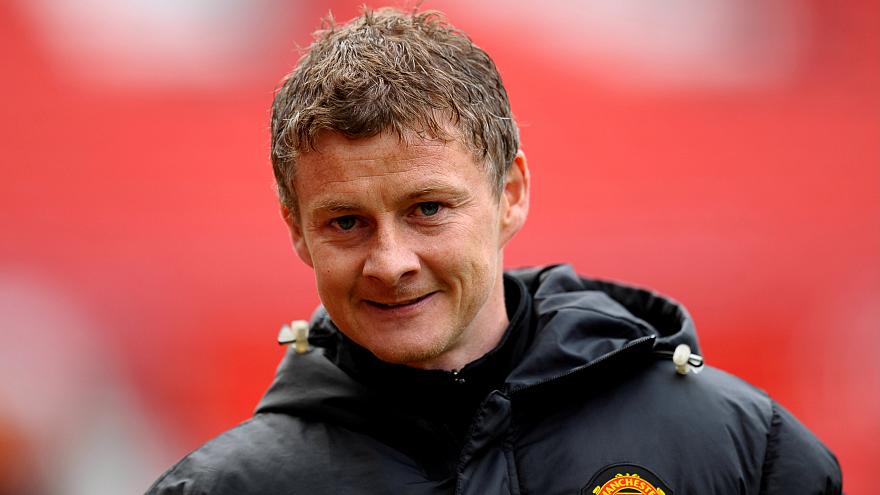
Johanna Konta headed south on Sunday for the warmth and familiarity of the country of her birth with a new coach, management company and fresh determination to prove at the Australian Open that she is good enough, at 27, to return to the top 10.
If her career has been a roller-coaster ride in search of reassurance, she seems to have changed direction at the right time after a tough 12 months.
“I basically just ran out of steam,” she says of a 2018 season in which she tumbled from No 9 in January to as low as No 50 in July and back to No 37, damaged by a string of early losses against players below her in the WTA rankings. “That is pretty much what happened. It could have been for a number of different reasons, who knows?
“But I think better management is how I am trying to pre-empt that happening again.”
Konta signed recently with StarWing Sports, the promotional agency of Lawrence Frankopan, who also looks after Kyle Edmund, Stan Wawrinka and the rising Russian Karen Khachanov, as well as Gaël Monfils, Donna Vekic, Maria Sakkari and Kristina Mladenovic. She is in good company.
Over lunch not far from her London base Konta looked relaxed, upbeat and fit as she discussed how she is bonding with the fifth coach of her 10-year career, Dimitri Zavialoff, a Frenchman of Russian descent, who has delivered her a reassuring early dividend.
Britain’s No 1 finished 2018 in October by reaching the semi-finals of a WTA Premier tournament in Moscow, her first with Zavialoff, where she lost to the world No 14, Daria Kasatkina, in straight sets. It was an upbeat conclusion to a summer of serial disappointments.
“Last season I didn’t have many quarter-final, semi-final opportunities,” Konta conceded, “so getting to the end of a tournament was definitely a good feeling to have in the last tournament of the year.
Sign up to The Recap, our weekly email of editors’ picks. Konta, who will play in Brisbane and Sydney before heading for Melbourne, said she and Zavialoff “have been training together the last four to five weeks. I’ve been in this place many times and it doesn’t always guarantee that it kicks off well, but I feel I’ve had a very strong pre-season.
“He is teaching me to be self-sufficient on court. It is much more of a partnership than I have had in previous coaching relationships. He encourages me to have a lot more input, to have an understanding of my own game and what I do on court. Personalities start to evolve when you spend more time together and in the stressful situations it becomes more apparent how well you work together.
While Konta has always said she is not results-driven, the rankings do not lie. After her debut 10 years ago it took her four seasons to break into the top 100 but, once her self-belief rose, she hit a peak at No 4 in 2017, her breakthrough season under the guidance of Wim Fissette. That summer was memorable for her first WTA title, in Miami, and a rousing run to the semi-finals at Wimbledon.
Konta is changing her schedule to allow her more recovery time on a Tour that this year left her exhausted to the point where she addressed the Oxford Union on the touchy subject of burnout. Her self-belief, though, remains intact.
She said before leaving for Australia: “I have never woken up, looked at myself in the mirror and thought: ‘Hey, 37!’ Or: ‘Hey, No 4, how are you doing?’ I have always and will continue to put myself in the mix at the end of every tournament. That’s what I play for. I want to be at the end stages of every tournament that I play – every time.
“I feel confident that no player can step on court against me and feel confident that they will come out the winner. Every match I take part in I have an equal shot of coming through as the winner.”
She is also happy to speak out about issues in the game, such as equal pay. “Like I said in my Oxford Union speech, the men have more tournaments available than women. That is the culture of sport.
“It’s still very male-dominated, more money invested throughout the years in male sport. That is a natural thing for it to be the case right now.
“What is best to hope for and what everyone is working towards,” she continued. “is to elevate the quality of women’s sport and to bring it to a level where it is seen as something that is very entertaining, something to be admired, to be looked up to, to put it in that level playing field as a product to be sold equal to the men.
“That takes time and it takes a re-education of the general perceptions we have.”
Her own re-education could be about to take another intriguing turn in Melbourne on 14 January.
Source

EUROPEAN ROUNDUP: DEMBÉLÉ AND MESSI SWEEP BARCELONA PAST CELTA VIGO

INDIA VS AUSTRALIA: R ASHWIN, RAVINDRA JADEJA UNDER INJURY CLOUDS AHEAD OF MCG TEST

SOLSKJAER VOWS TO "MOVE MAN UTD FORWARD' AS INTERIM MANAGER

PETER SCHMEICHEL: EX-MAN UTD KEEPER CONSIDERING APPLYING FOR DIRECTOR ROLE

JOHANNA KONTA: ‘I BASICALLY JUST RAN OUT OF STEAM THIS YEAR’